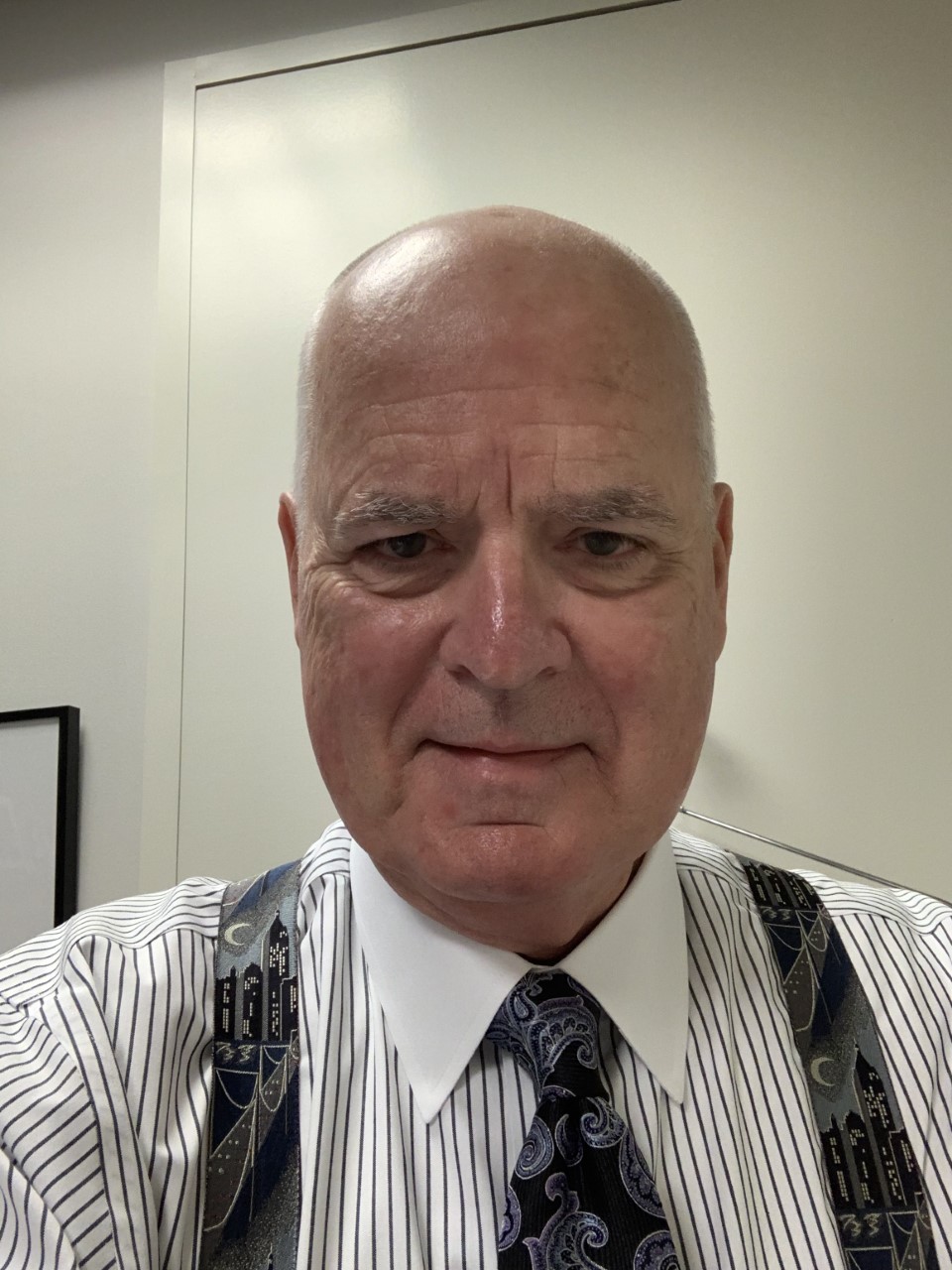Candor: You know it when you don't see it

Norm Tabler.
Probably to his regret, the late U.S. Supreme Court Justice Potter Stewart is best remembered for his famous nondefinition of obscenity: “I know it when I see it,” in Jacobellis v. Ohio, 378 U.S. 184 (1964).
If pressed for a definition of candor—something required of lawyers by the ABA Model Rules of Professional Conduct (Model Rule 3.3, Candor Toward the Tribunal)—most of us would have to acknowledge that we know it when we don’t see it. We understand it best when someone fails to display it, as when a person speaks accurately but fails to reveal something required for the whole truth. We know what candor is because it’s not there.
For a textbook example of a tribunal identifying candor through what it doesn’t see, consider the case of a New Yorker identified only as “Anonymous” in the recent proceedings arising from his application for admission to the New York State Bar Association.
We’ll call him John Doe. Doe’s application did, in fact, reveal some damning information. It showed that he had worked as a lawyer at a New York law firm from 2005 until 2011, when his firm terminated him after discovering that he had never been admitted to the New York bar—or any other bar for that matter. He had been practicing law without a license.
In addition to losing his job, Doe was charged with grand larceny, based on the several years of salary that the firm had paid him based on his deception. He pleaded guilty to grand larceny in the second degree and was sentenced to five years of probation.
But, the application stated, Doe had taken the New York bar exam in 2018 and passed. He had completed his probation. His six years of unlicensed practice were now behind him, as were the substance abuse and depression that he said contributed to his illegal conduct. He now had a position with a new firm. He was ready for a career as a New York lawyer, subject only to admission to the bar.
Following a hearing, the New York Supreme Court’s Committee on Character & Fitness issued a decision recommending that Doe be admitted to the New York bar, subject to certain conditions. The recommendation was forwarded to the New York Supreme Court’s Appellate Division for the approval that normally follows the committee’s favorable recommendation.
But the New York Supreme Court was troubled by the application—not so much for what it said as for what it didn’t say. Let’s start with the employment history. True, the application revealed the unauthorized practice of law at a firm from 2005 to 2011. But it didn’t reveal the unauthorized practice at another firm from 2001 to 2005. That revelation came only under questioning at the hearing.
Nor did Doe’s application reveal the events leading up to his 2011 firing. It was only under questioning that Doe told the story: A more senior lawyer had asked about the status of a case. Doe had misrepresented the true status to deceive the senior lawyer and the client. Not content with merely lying, he had forged a court order backing up his lie. (The court noted that such a forgery would subject an attorney to serious sanction. But, of course, Doe could not be sanctioned because he wasn’t an attorney. As the saying goes, every cloud has a silver lining.)
And what about the depression and alcohol abuse that Doe cited as causes of his misdeeds? Well, upon questioning—but only upon questioning—he revealed that he had never engaged in treatment or therapy to address either condition.
Wondering whether Doe had learned his lesson, the court went to the website of Doe’s current firm. The biography page provided the answer: Doe was listed as “senior counsel.” That indicated to the court that “to date, applicant still does not appreciate the gravity of misrepresenting his attorney licensure status.”
Doe’s application for admission was denied because of his lack of candor—not for what his application said but for what it didn’t say.
The case is In the Matter of Anonymous, an Applicant for Admission to Practice as an Attorney and Counselor-at-Law.
Norm Tabler is a retired lawyer whose focused on health law. He serves on the editorial advisory boards of the ABA Senior Lawyers Division’s Voice of Experience e-newsletter (for which he writes the column “Adventures in the Law”) and Experience magazine; and the Indiana State Bar Association’s Res Gestae magazine (for which he writes the column “Annals of the Law”). He writes and records a monthly podcast, The Lighter Side of Health Law, for the American Health Law Association’s Health Law Weekly.
ABAJournal.com is accepting queries for original, thoughtful, nonpromotional articles and commentary by unpaid contributors to run in the Your Voice section. Details and submission guidelines are posted at “Your Submissions, Your Voice.”
This column reflects the opinions of the author and not necessarily the views of the ABA Journal—or the American Bar Association.
Your Voice submissions

The ABA Journal wants to host and facilitate conversations among lawyers about their profession. We are now accepting thoughtful, non-promotional articles and commentary by unpaid contributors.

